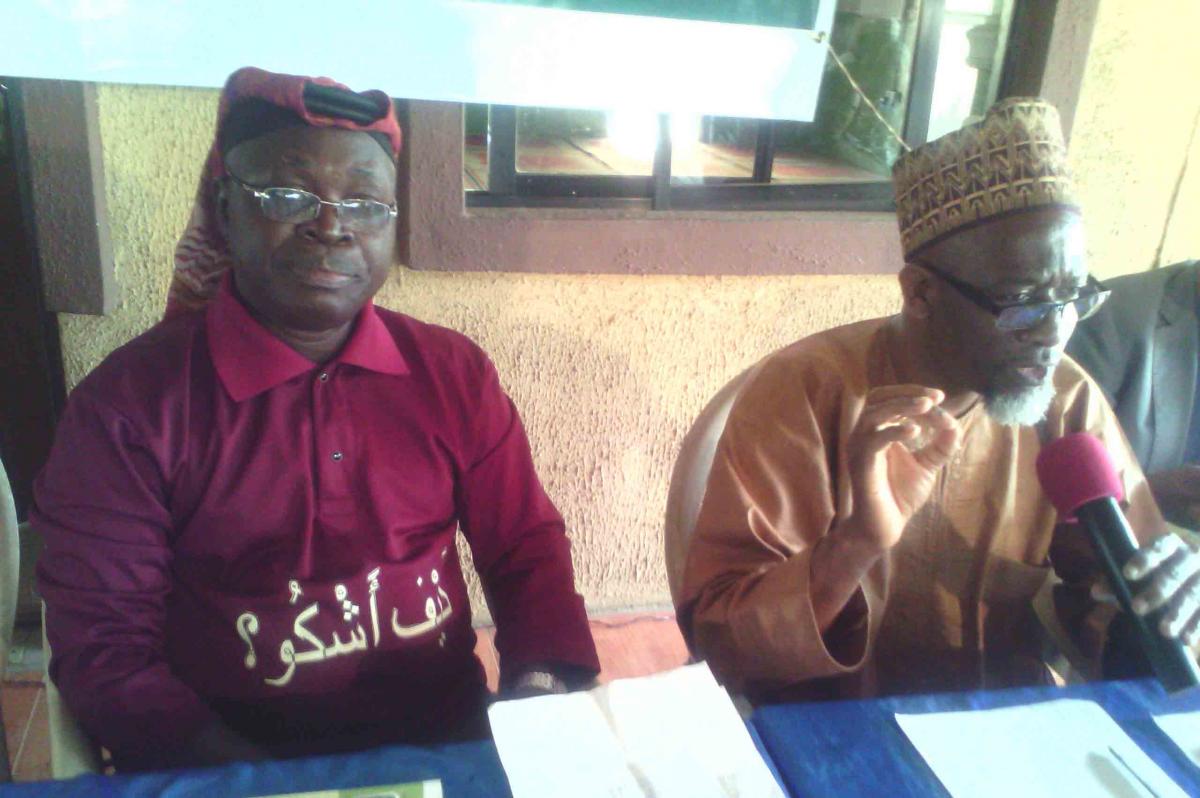There are no products in your shopping cart.
| 0 Items | £0.00 |


ISLAMIC group Muslim Rights Concern (Muric) has expressed its opposition to the recent opening of mosques by several Nigerian state governors warning that the move could lead to the intensified sp[read of the Covid-19 pandemic.
In March, the Nigerian government imposed restrictions on movement to curtail the spread of the virus, with total lockdowns imposed in the Federal Capital Territory Abuja and Lagos and Ogun states. Partial lockdowns were introduced in other states, especially with regards to large gatherings like religious meetings, sporting events and political rallies.
State governors were empowered to introduce bans within their domains as they saw fit and as the situation dictated. Over the last week, numerous state governors have been very eager to lift the ban on religious worship, re-opening mosques and churches despite the number of infected people still rising.
For instance, the governors of Borno, Gombe, Adamawa and Zamfara states have reopened mosques and churches, mainly due to the fact that the Ramadan month of fasting is in progress and the religious faithful want to worship. Expressing its concern over this development, Muric said it risks undoing all the gains made during the lockdown.
Muric director Professor Ishaq Akintola, said: “There are reports that some state governments have given the green light for the opening of mosques. This may not be wise enough as we must be on the side of caution regarding this dangerous virus whose cure has not been found.
"Muslims should not rush to their graves and we suggest that mosques should remain closed until the federal government declares the country safe from the pandemic. We know that lockdown hurts but so does it hurt everywhere else, so we urge Muslims to exercise patience.
"Those who die can never be seen again, neither can they be part of a safer and better Nigerian society when the lockdown is finally lifted. Reopening mosques at this time can be interpreted as withdrawing from the battlefield and leaving the rest of the country to face the fight alone and it may also be interpreted as disobedience to the federal government's restriction on crowding.
He reminded the governments and people of Borno, Gombe and Zamfara states whose population are predominantly Muslim of the Allah-given fundamental right to life. Professor Akintola said this right should not be violated through any hasty yet wrongful policy decision.
“The pattern of congregating in mosques may even be more prone to infections than some other places. Unlike others who assemble for worship once in a week or once in a year, Muslims congregate five times daily for the five daily prayers, once weekly for jumu’ah prayer and twice annually for the festivals and it is noteworthy that the last three draw mammoth crowds.
“Though kaleidoscopic and symptomatic of our unity and strength, the manner of our worship in congregation where we stand shoulder to shoulder and feet to feet in rows that allow no gap whatsoever also renders Muslim worshippers most prone to the spread of infectious diseases particularly during a pandemic like this. Our prostration where all heads touch the ground simultaneously and rise together gives cause for concern about the likelihood of one worshipper breathing almost directly into another’s nostrils.
"A pragmatic and realistic approach is therefore necessary on the issue of reopening of mosques. It is bad enough that there is fire on the mountain but it may be worse if we use our hands to draw the fire to our rooftops.
“It is therefore our considered opinion that the authorities in Borno, Gombe and Zamfara states should reconsider their decisions particularly before the Id al-fitr festival prayer which is fast approaching. We remind the three states that the Nigerian Supreme Council for Islamic Affairs had advised Muslims against congregations until further notice, so we therefore suggest that the leadership of the Nigerian Muslim community, namely, the Sultan of Sokoto and should be consulted before the decision to reopen mosques can be implemented,” Professor Akintola added.